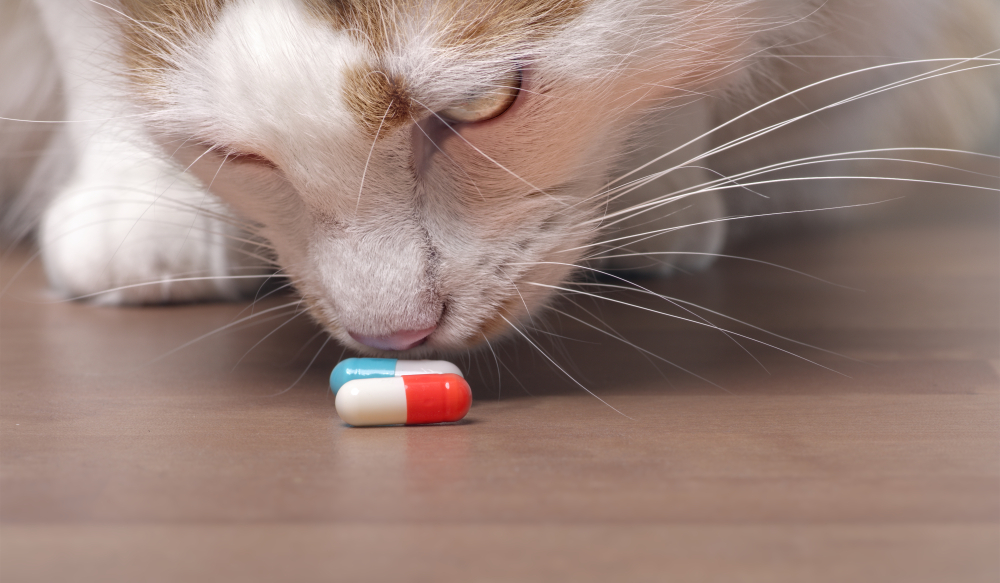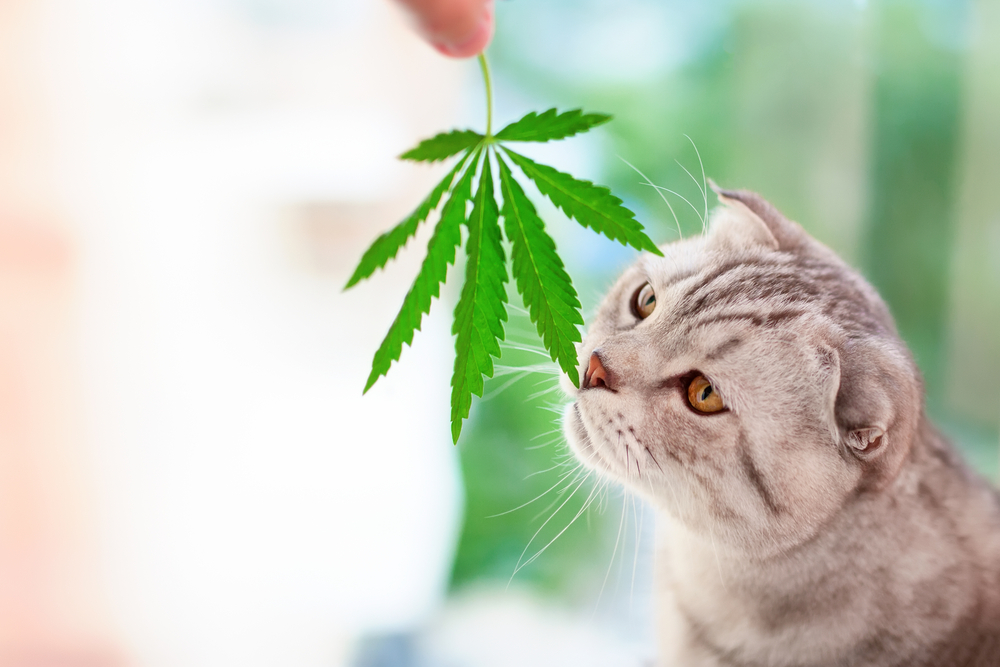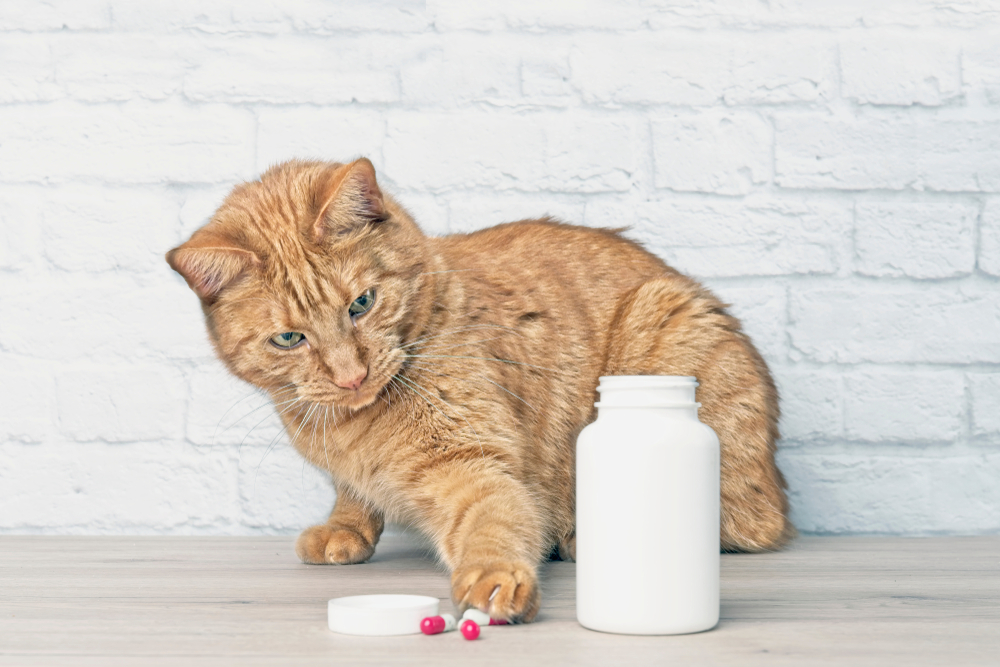
Protecting Your Pets: Common Household Items That Are Poisonous
5 Common Household Items That Are Poisonous To Your Pet
1. Household Plants: Greenery Gone Wrong
While plants can add beauty to our homes, some varieties can be toxic to our pets if ingested. Common household plants such as lilies, philodendrons, and ivy can cause symptoms ranging from gastrointestinal upset to more severe reactions in our furry companions. It’s essential to research plants thoroughly before bringing them into your home, especially if you have curious pets.
2. Cleaning Products: Clean, But Not Pet-Friendly
Many cleaning products contain chemicals that can be harmful to pets if ingested or inhaled. Items such as bleach, ammonia, and certain detergents can cause irritation to your pet’s skin, eyes, and respiratory system. When using cleaning products around your home, be sure to keep your pets in a safe area and thoroughly rinse surfaces to remove any residue.
3. Human Medications: A Prescription for Disaster
While medications are essential for our health, they can be dangerous for our pets if ingested accidentally. Common over-the-counter medications like acetaminophen, ibuprofen, and antidepressants can be toxic to pets, causing symptoms such as vomiting, diarrhea, and even organ failure. Always store medications securely and out of reach of curious pets.
4. Food Items: From Pantry to Poison
Some foods that are safe for humans can be toxic to pets. Items such as chocolate, grapes, onions, and xylitol (a sugar substitute commonly found in sugar-free gum and candy) can be harmful or even deadly to our furry friends. Be mindful of what foods you leave accessible to your pets, and never feed them from your plate without ensuring it’s safe for them to consume.
5. Common Items in Mobile, Alabama Homes: Local Hazards
Living in Mobile, Alabama, brings its own set of unique hazards for our pets. Items such as insecticides and rodenticides are commonly used in homes and gardens to combat pests but can be toxic to pets if ingested. Additionally, with Mobile’s warm climate, it’s essential to be cautious with outdoor plants, as some may be toxic to pets, including azaleas, oleander, and sago palms.
Tips for Preventing Pet Poison Ingestion: Proactive Pet Parenting
- Prevention is key when it comes to keeping our pets safe from household hazards. Here are some tips to help minimize the risk of pet poison ingestion:
- Pet-Proof Your Home: Take the time to pet-proof your home by keeping harmful items out of reach. Store cleaning products, medications, and toxic foods in secure cabinets or high shelves that pets cannot access.
- Be Mindful of Plants: Research the toxicity of indoor and outdoor plants before bringing them into your home or garden. Opt for pet-safe varieties whenever possible, and consider placing plants in hanging baskets or elevated planters to prevent pets from nibbling on them.
- Use Pet-Safe Products: When choosing cleaning products, opt for pet-safe alternatives that are free from harmful chemicals. Look for products labeled as pet-friendly or consider using natural alternatives such as vinegar and baking soda.
- Monitor Your Pet: Keep a close eye on your pet, especially when introducing them to new environments or items. Supervise outdoor playtime to prevent them from ingesting toxic plants or substances, and promptly remove any potential hazards from their reach.
- Know the Signs of Poisoning: Familiarize yourself with the symptoms of pet poisoning, including vomiting, diarrhea, lethargy, drooling, and difficulty breathing. If you notice any signs of poisoning or suspect your pet has ingested something harmful, seek veterinary care immediately.
- By taking proactive measures to pet-proof your home and minimize the risk of poison ingestion, you can help keep your furry friend safe and healthy.


